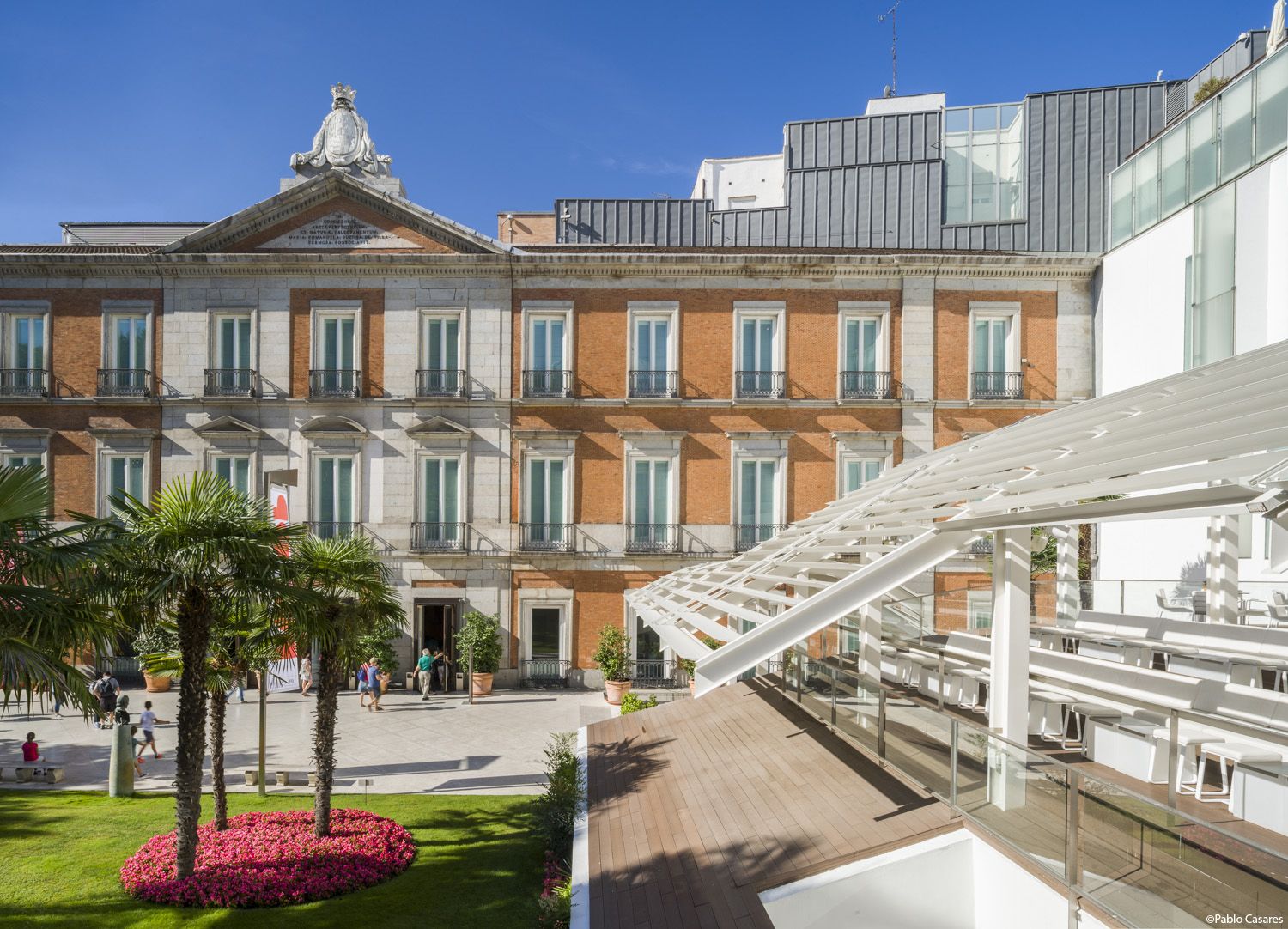The museum’s monographic exhibition dedicated to Max Beckmann lets us get to know one of Germany’s best artists from the 1900s, with over 50 of his works. Born in Leipzig in 1884, Beckmann’s rich career explored various styles until his death in New York in 1950.
Overall he is considered to be an Expressionist artist but is most strongly linked to New Objectivity, a movement sparked in the 1920s as a reaction against the overt emotionalism of expressionist works. His more realistic style delivers potent messages about the society he lived in, whether this was during World War One, the Weimar Republic, the Nazi State, or Dutch society during his self-imposed exile to Amsterdam.
The exhibition is divided into two sections so you can understand the different themes he explored in relation to his personal life. Firstly, you can see his reflections on life in Germany, commencing from the years leading up to WW1 when he was first placed under the limelight, and how this changed with the 1930s rise of National Socialism. This also includes the rise of Adolf Hitler, culminating in his expulsion from the Frankfurt School of Art where he taught and the prohibition of his works in public spaces, when he was labelled a ‘cultural Bolshevik’.
His move to Amsterdam came the day after Hitler made a speech in 1937 about degenerate art, and his life there is reflected in the second part of the exhibition. The first sub-section ‘Masks’ investigates his loss of identity when in exile, whilst the second ‘Electric Babylon’ considers the modern development of Amsterdam as the capital of exile. Here we can also see his use of symbolism, which he often subtly intertwined into his work to convey central themes such as terror, brutality and fate. Finally, the third and fourth sub-sections ‘The Long Goodbye’ and ‘The Sea’ look at the links between exile and death as well as the powers of seduction and alienation.
Museo Nacional Thyssen-Bornemisza
Paseo del Prado, 8, 28014 Madrid
- Monday:
- Closed
- Tuesday:
-
10:00 - 19:00
- Wednesday:
-
10:00 - 19:00
- Thursday:
-
10:00 - 19:00
- Friday:
-
10:00 - 19:00
- Saturday:
-
10:00 - 21:00
- Sunday:
-
10:00 - 19:00


